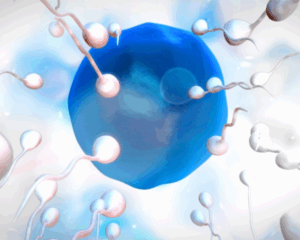
Prolistem for Non-Obstructive Azoospermia: A Comprehensive Guide
Prolistem for non obstructive azoospermia, Non-obstructive azoospermia (NOA)

Azoospermia is a medical condition where no sperm is found in a man’s semen, making natural conception difficult. Many men diagnosed with azoospermia wonder if there are new treatments available to help them. In this article, we will explore the latest advancements in azoospermia treatment, how they work, and other options for improving male fertility.
Azoospermia affects about 1% of men and accounts for 10-15% of male infertility cases. It is classified into two main types:
The treatment approach depends on the type of azoospermia.
Recent advances in medical science have led to new and innovative treatments for azoospermia, improving the chances of biological fatherhood for many men. Some of the latest treatment options include:
Stem cell research has opened new possibilities in treating azoospermia. Scientists are working on ways to use stem cells to regenerate sperm-producing cells in the testes. Early studies have shown promise, but this treatment is still in the experimental stage.
This advanced surgical technique is used to extract sperm directly from the testes in men with non-obstructive azoospermia. It is more effective than traditional TESE because it uses high-powered microscopes to locate areas with active sperm production, improving the chances of successful sperm retrieval.
In cases where genetic mutations cause azoospermia, scientists are investigating gene therapy to correct these mutations and restore sperm production. Although still in its early stages, this treatment holds great promise for the future.
Researchers are exploring ways to create sperm from skin cells or other tissues using reprogramming techniques. While not yet available as a treatment, this revolutionary technology may provide new fertility options in the future.
If new treatments are not yet available for a particular case, other existing treatments can still help:
So, what is the new treatment for azoospermia? While traditional treatments still play an essential role, cutting-edge approaches such as stem cell therapy, micro-TESE, gene therapy, and artificial sperm technology are shaping the future of male fertility treatments. If you or someone you know is struggling with azoospermia, consulting a fertility specialist can help determine the best treatment plan.

Prolistem for non obstructive azoospermia, Non-obstructive azoospermia (NOA)

Introduction Male infertility, especially caused by azoospermia, affects

We are proud to have participated in the

Introduction: A New Hope in Male Infertility Treatment
PROLISTEM® is a Patented Formula
Copyright © 2025 Prolistem®